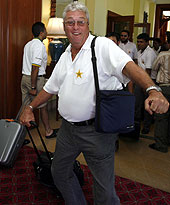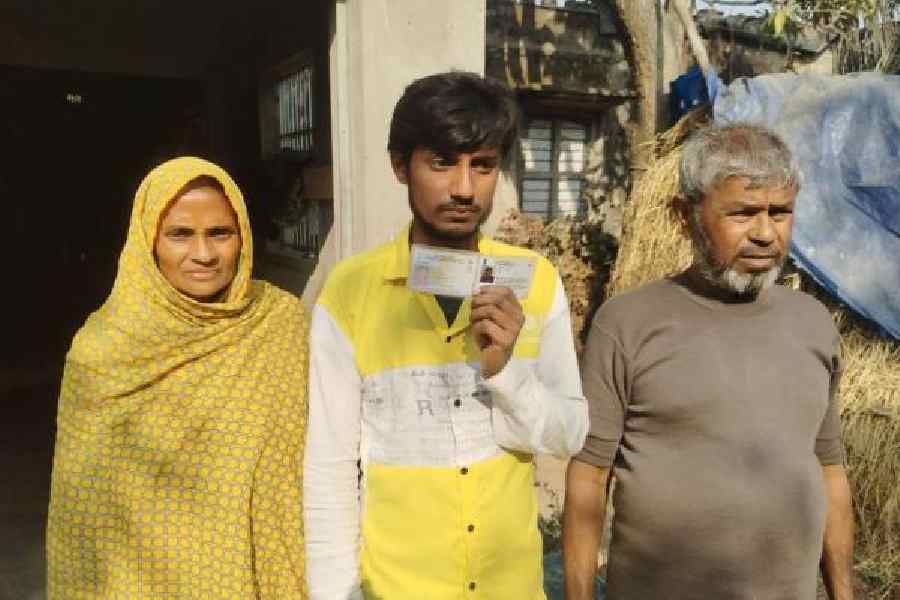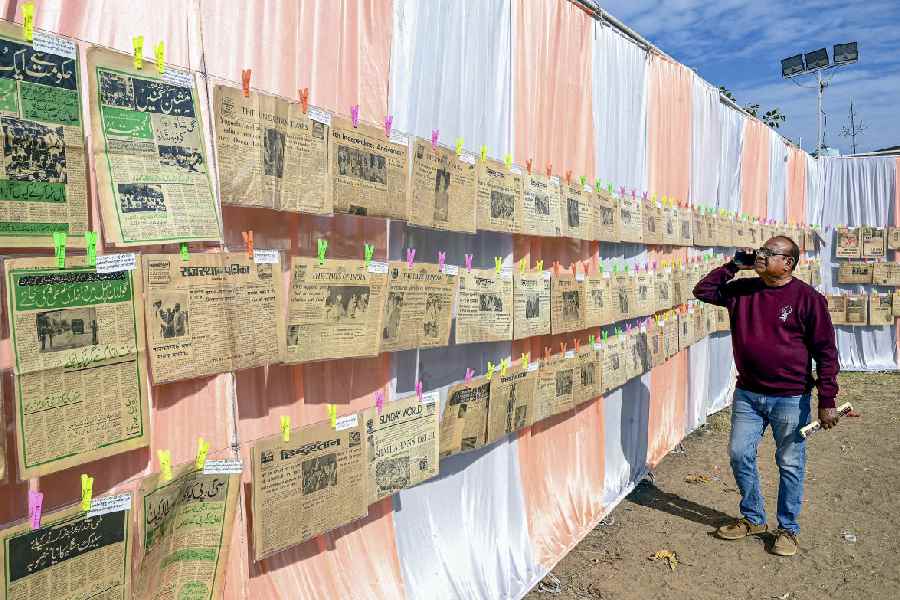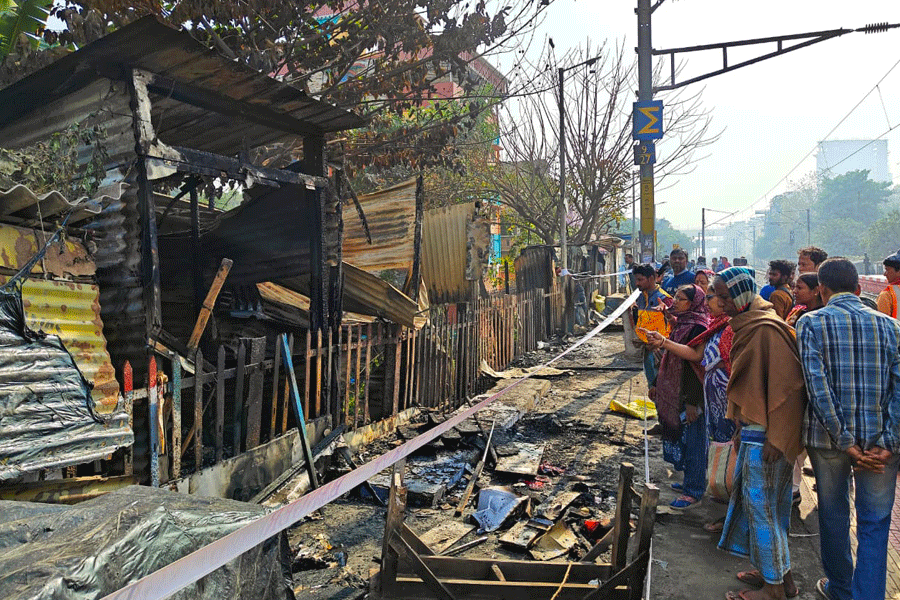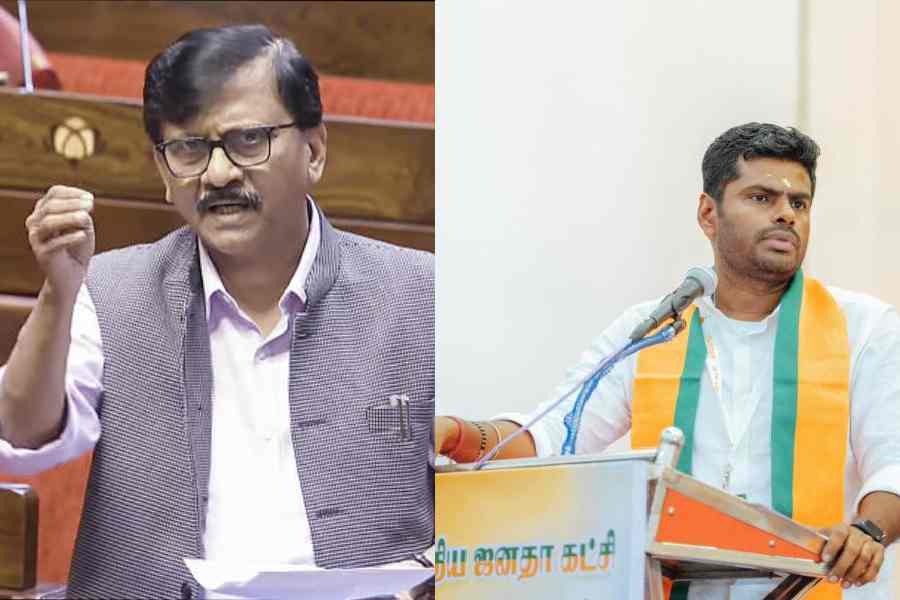 |
The similarities are stark. Miss Marple is in a resort hotel in the Caribbean . A former British major has just died and the fictional detective knows that the death is not natural. She solves the case, and author Agatha Christie goes on to name her novel The Caribbean Mystery.
The serial is unfurling — and in real time. And in the absence of the detective from St Mary Mead, there are no immediate answers to the many questions that surround the death of former British cricketer and Pakistan coach Bob Woolmer.
The 58-year-old Englishman was found unconscious in his room at the Jamaica Pegasus Hotel in Kingston last Sunday — and pronounced dead at the University Hospital of the West Indies. On March 22, the local police announced the death was caused by manual strangulation. “The police are now treating the death as a murder,” said police spokesman Karl Angell.
The questions, however, still go unanswered. Does the fact that a sharp hit on his neck broke a bone to suffocate Woolmer mean that the murderer was a professional? But could an outsider have entered a high-security hotel, access to which is controlled by an electronic card? Or did someone in the hotel who knew Woolmer let the outsider in? And how was the big-built Woolmer overpowered, when there are no signs of marks on his body? Was he poisoned — as vomit stains seemed to indicate — and then strangled?
 |
AND WHY? A week after his death, rumours are still spiralling, fuelling a series of conspiracy theories. And while Jamaican deputy police commissioner Mark Shields says there was no sign of forced entry into the coach’s room, many believe that the murder is linked with corruption in cricket.
It all started with a match at Sabina Park on March 17. In one of the major upsets of the ongoing World Cup cricket championship in the Caribbean, former World Cup champion Pakistan was defeated by greenhorns Ireland.
The result caused a furore in the cricket-playing world, but in Pakistan there were some who were not surprised. Former test pace bowler Sarfaraz Nawaz had been saying, days before Pakistan was eliminated in the games, that the team would not make it to the final eight in the tournament. And he wasn’t referring to the ability of the cricketers, but hinting darkly at attempts at fixing matches.
“No matter what the International Cricket Council (ICC) or players say, the truth is that match fixing still takes place in some form or another,” stresses former Pakistan captain Rashid Latif.
pakistani police hold that several betting syndicates operate from Karachi and Lahore with links in Mumbai, Delhi, Dubai and South Africa. There are players who are said to have links with the underworld that operates cricket betting syndicates in Pakistan, India and Dubai. And Dawood Ibrahim’s name often crops up.
Insiders in the betting industry in Mumbai say that bookies made inroads into match fixing after Dawood shifted base to Dubai. In 1998, a Mumbai bookie called Jitu Ghatkopar — bookies have nicknames that identify them with their place of operation — committed suicide when Bangladesh lost to Pakistan in a match. Apparently he owed Rs 150 crore to those who had rooted for Bangladesh. It is said that the Pakistani bookies fixed the game when they realised that the Indian bookies were banking on Pakistan’s victory.
Karachi’s police chief Azhar Farooqi says that betting on cricket is a lucrative business in Pakistan. “We keep busting gangs but they spring up everywhere because they basically need just a computer, some television screens and telephones to operate anywhere in the world,” he says.
As recently as the Paki- stan tour of South Africa earlier this year, there were rumours that a bookmaker from Lahore, nicknamed Nayyar, had been seen near some Pakistan players at venues where Pakistan played its matches.
An experienced bookmaker from Karachi — known as the “Boss” — says millions of dollars are on the line on the World Cup matches. “Boss” points out that the schedule of matches of the Pakistan team in the World Cup was a mouth-watering prospect for potential match fixers.
The rise of spread betting — a system that allows a punter to bet on events such as an individual player’s score — makes it easier for corrupt players and gamblers to operate. Experts point out that the operation doesn’t mean buying out an entire team, but just a player or two who can bring down a match.
This was something that the Kanpur-born Woolmer knew of. Yet Woolmer couldn’t believe it when South African captain Hansie Cronje was accused of fixing matches. In April 2000, the Delhi police found a link between the captain and punter M.K. Gupta — and Cronje was finally banned for life from the game by the United Cricket Board of South Africa.
However, the Delhi police’s investigations are on and a chargesheet has still not been filed. The case now depends on the evidence of one Indian bookie based in the UK. The Delhi police want him extradited to India but he is facing charges in the UK relating to some other crime. Once that is over, he is expected to be brought to India for questioning. He may give some information which may require further investigations. The Delhi police questioned South African player Herschelle Gibbs when he came to India to play a match. He confirmed that match fixing had taken place but blamed it on his captain (Cronje).
Police sources in the capital say that match fixing is still quite widespread.
“Cronje’s cause of death still remains unresolved,” says Sarfaraz Nawaz, referring to a plane crash that killed him in 2002. “But everyone knows that Woolmer was close to him when he was the coach of the South African team between 1994 and 1999,” he says.
there is, however, specu- lation that Woolmer was killed because he was writing a book about corruption in cricket. “I am not a name-and-shame guy, just the honest facts,” Woolmer reportedly wrote in an e-mail to co-writer Osman Samiuddin, the Pakistan editor of the cricket website, cricinfo.com.
There was no sign of the book, or of a manuscript, in the hotel room. But the Jamaican police is reviewing closed circuit television camera tapes from the Pegasus. Shields stresses that no member of the Pakistan group is a suspect. DNA samples were taken from the Pakistanis on Friday for “elimination” purposes. “There is no truth in the story that an arrest has been made,” says Shields.
Malcolm Speed, chief executive of the ICC, has said that the ICC’s anti-corruption unit will launch an investigation to see if the underground betting network in Pakistan is linked to Woolmer’s murder.
Back in India, there is trouble brewing in betting circles. Bets are being accepted by punters only from known people or by customers who speak in codes. Everything is being done on mobile phones, the numbers of which are only given to a few people. The instruments are hired for a single day and then discarded. The racket, thriving as it was before Woolmer’s death, has clearly taken a beating.
Bob Woolmer died, and along with him, a bit of cricket. In his death, though, Woolmer may uncover what he couldn’t when he was alive.

